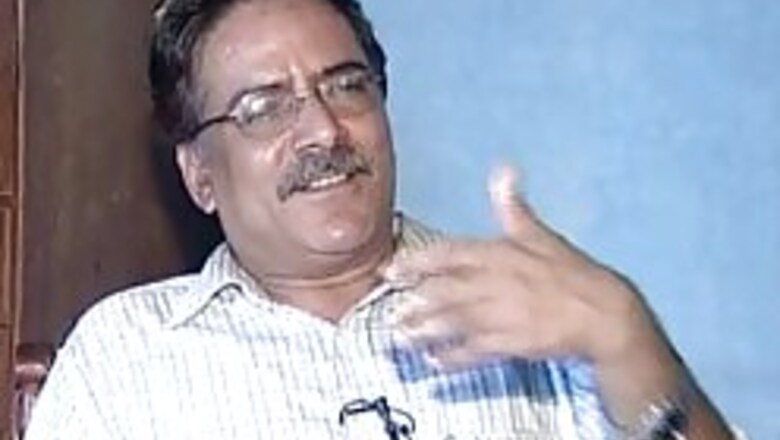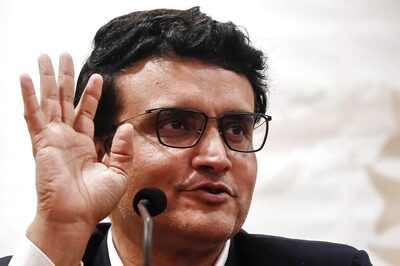
views
Kathmandu: Allaying fears that reviewing the 1950 Indo-Nepal Peace and Friendship Treaty will "sabotage" bilateral ties, Maoist chief Prachanda has said he wanted a "close" and "special" relationship with India on the basis of a "new" understanding.
"There should be some sort of special relation between Kathmandu and Delhi.... We want a new relationship with India, which means better relation, better understanding and better cooperation," Pushpa Kamal Dahal, also kinown as Prachanda, said
The Maoist leader, believed to be Nepal's prime minister-in-waiting, said he wanted "each and every" provision of the treaty to be reviewed in the "new changing context" for "better" relationship between two countries.
"People feel that that it (treaty) is not benefiting them, there is some kind of inequality in it, so people have, time and again, raised concern for reviewing the 1950 treaty," he told Karan Thapar in an interview for CNN-IBN's Devil's Advocate programme.
"I don't think reviewing the treaty will sabotage the relation," he said.
New Delhi has expressed its readiness to have a re-look at the 58-year-old treaty after the Maoists voiced the demand following their triumph in the April Constituent Assembly poll.
Prachanda, however, favoured "equidistance" from both New Delhi and Beijing at the "political level".
"At the political level we will never side one country against another," he said. "We will try to maintain equi-distance between Delhi and Beijing in political sense, but not in practical sense and in matters of cooperation."
Prachanda denied that he was indulging in doublespeak on ties with India--demanding review of the treaty and seeking "equidistance" from Beijing and New Delhi on one hand and favouring close ties on the other.
"It is not contradictory and by doing so we want better relationship and strengthen relation and have a close cooperation with India," Prachanda said.
The 53-year-old former academic led a decade-long armed struggle by Maoists against the monarchy before giving up arms in 2006. The former rebels had opposed open borders with India and work permits for Indian workers and demanded a ban on Hindi cinema in Nepal.
"We wanted to come closer to India on the basis of new understanding and new basis," Prachanda said, adding "nobody can ignore the fact that we have historical, economic, cultural and geographical relationship."
The Maoist leader said he wanted revision in provisions "which are not beneficial to Nepalese people" like the one relating to defence purchase which requires Nepal to consult with New Delhi while acquiring arms from foreign countries.
"I want to update and revise the treaty for the betterment and benefit of both the countries," he said.
"Tremendous changes have been taking place in Nepal and India since the signing of the treaty 1950 treaty during the Rana regime. The monarchy is already going to be abolished. So, we want to update it according to the new necessity," he added.
Prachanda said the 12-point understanding reached in New Delhi between the CPN-Maoist and Nepal's seven party alliance had created a conducive atmosphere for the peace process and a mass movement to bring historical change in the country.
CPN-Maoist has bagged 220 seats in the 601-seat Constituent Assembly to emerge as the largest party and negotiations are on to form a new government under Prachanda's leadership between the Maoists and other political parties mainly the Nepali Congress Party and CPN-UML.
Asked about his deputy Baburam Bhattarai's comments that Nepal could not achieve economic prosperity due to the open borders, Prachanda said "I think right now that statement is not correct."
"As you know we are moving ahead in the peace process, this is a transitional phase. I have to discuss with Bhattarai in which context he said so," he added.
When asked whether he understands the concern of Indian people who are apprehensive about the Maoists coming to power, he said the party had a different image during the period of insurgency.
But people have "gradually begun to understand our commitment to the multiparty competition, commitment for peace and to the election," he said.
"There was a communication gap, the people have misunderstood us," Prachanda added.
####


















Comments
0 comment